- Over 200 IDPs in Ponnagyun struggle without shelter, food aid
- Junta airstrikes inflict deep psychological trauma on children in Arakan State
- Photo News: Over 200 IDPs in Ponnagyun in urgent need of shelter assistance
- Two children injured by UXO in Mrauk-U struggle to afford medical care
- High hepatitis cases hit children in Arakan State
Medicine shortages blamed for death in remote Ponnagyun Twsp
Cases of malaria and diarrheal diseases are being reported in some villages of Tawphyarchaung, a remote area in Arakan State’s Ponnagyun Township, where there are even reports of deaths due to lack of medicine.
01 May 2024
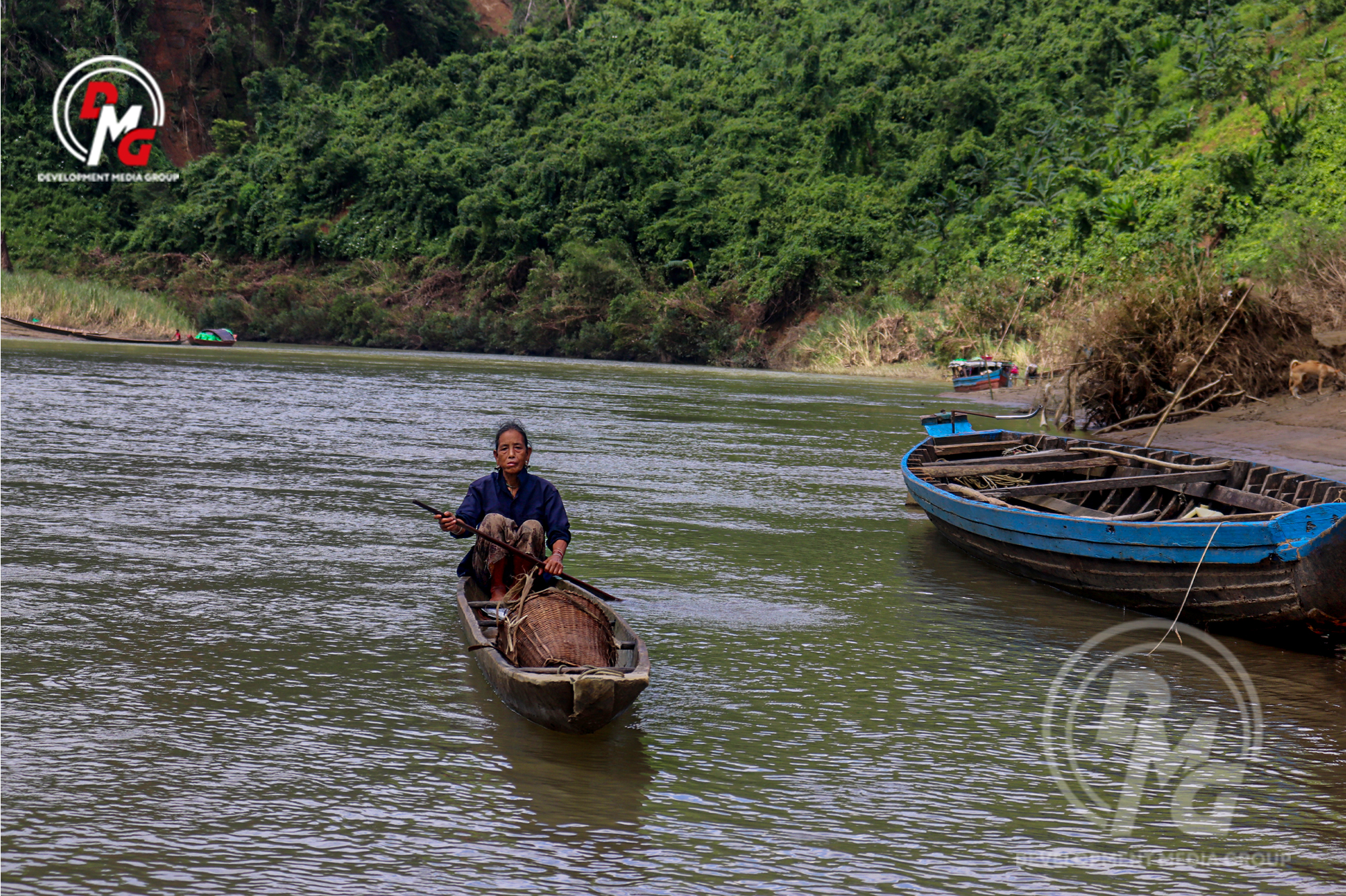
DMG Newsroom
1 May 2024, Ponnagyun
Cases of malaria and diarrheal diseases are being reported in some villages of Tawphyarchaung, a remote area in Arakan State’s Ponnagyun Township, where there are even reports of deaths due to lack of medicine.
Cases of malaria and diarrheal diseases are reported in Hsinthel, Gantgar, Hsinthiphyar, Twinhsinthel, Auyama, Lunpu, Deikppa, Thaluchaung, Khwaythae, Pharkywel, Kyetchay, Gyitchaung, Mupyin and Hsingaung villages, according to local people.
Due to a scarcity of drinking water, some people are suffering from diarrhea.
According to figures compiled by Poeshweepyin Mahameik Social Organisation, at least 10 people suffered from malaria in April. Of them, a local man from Depipa Village died due to medicine shortages.
Thousands of local people from about three dozen villages along the upper reaches of Tawphyarchaung rely on a rural healthcare center in Poeshweepyin Village for emergency health matters and the hospital has run out of medicine.
“In addition to medicine, the hospital is in short supply of rehydration salt. Even if the locals have diarrhea, it is not easy to get medical treatment,” said a resident of Auyama Village.
Arakanese, Khami and Mro ethnic people mainly live in the Tawphyarchaung area and it can be accessed only by waterway.
Residents from villages in the Tawphyarchaung area face difficulties in accessing education and healthcare due to poor mobile phone and internet access, and travel barriers.




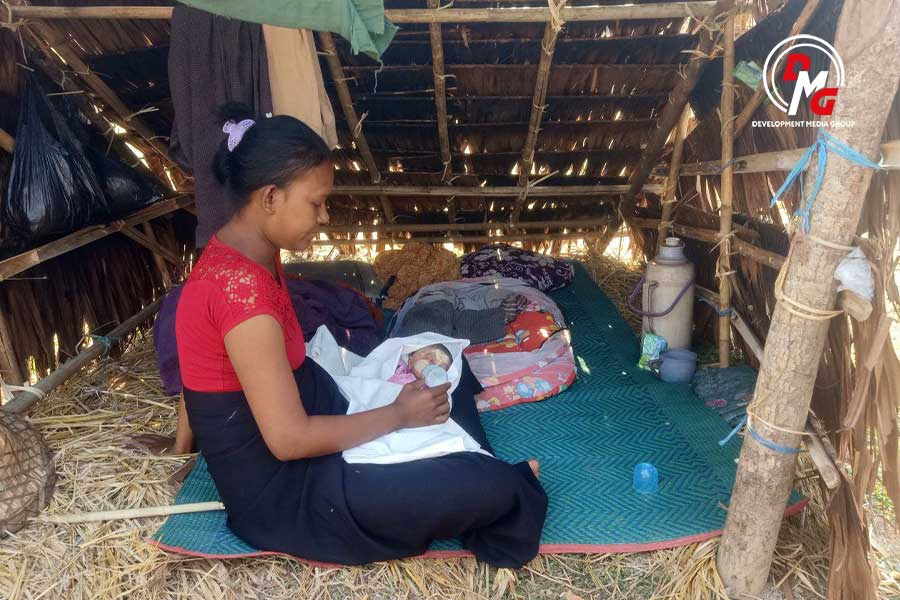
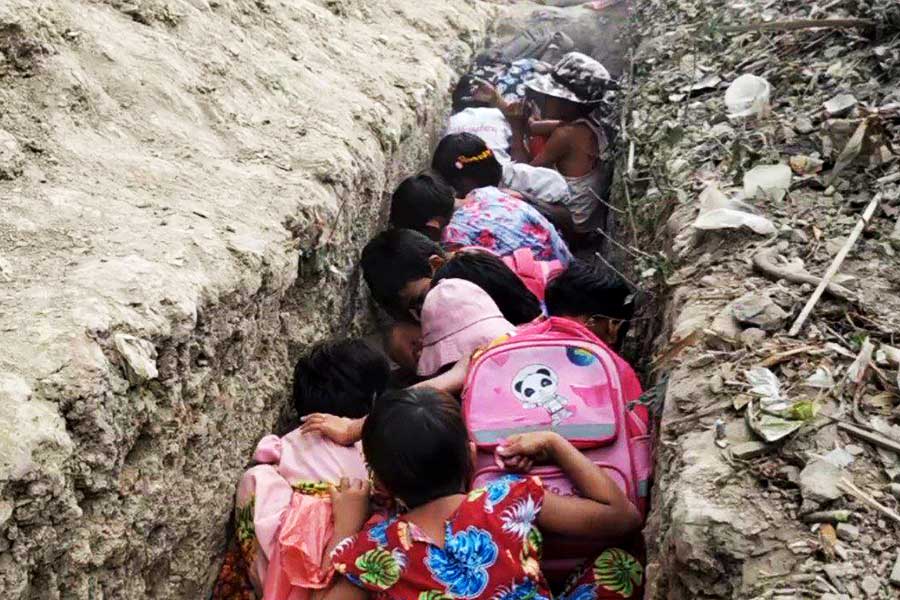
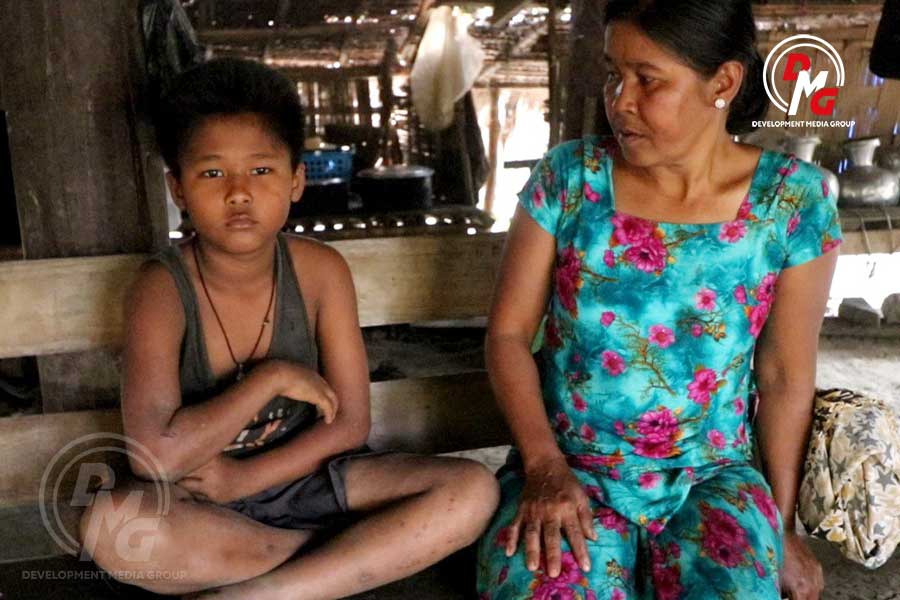
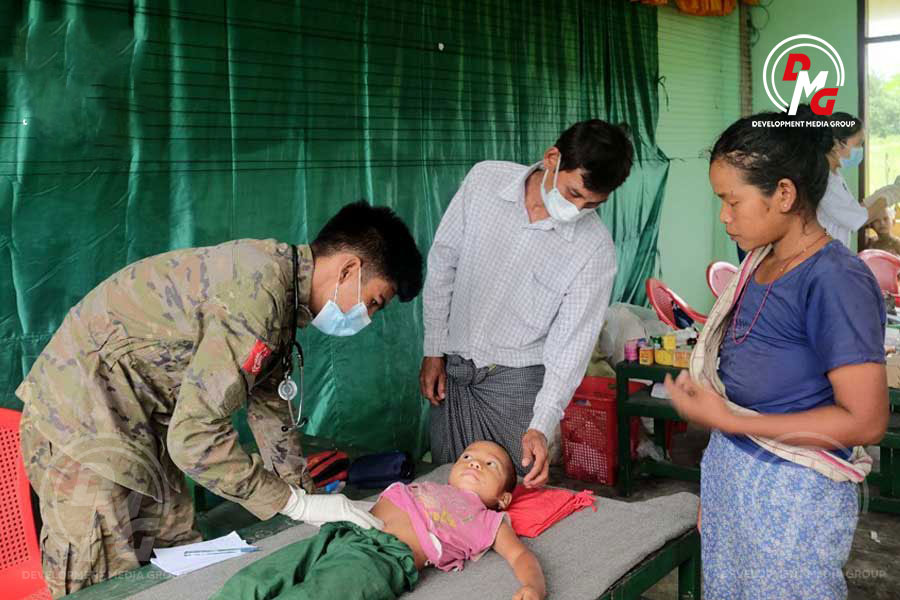
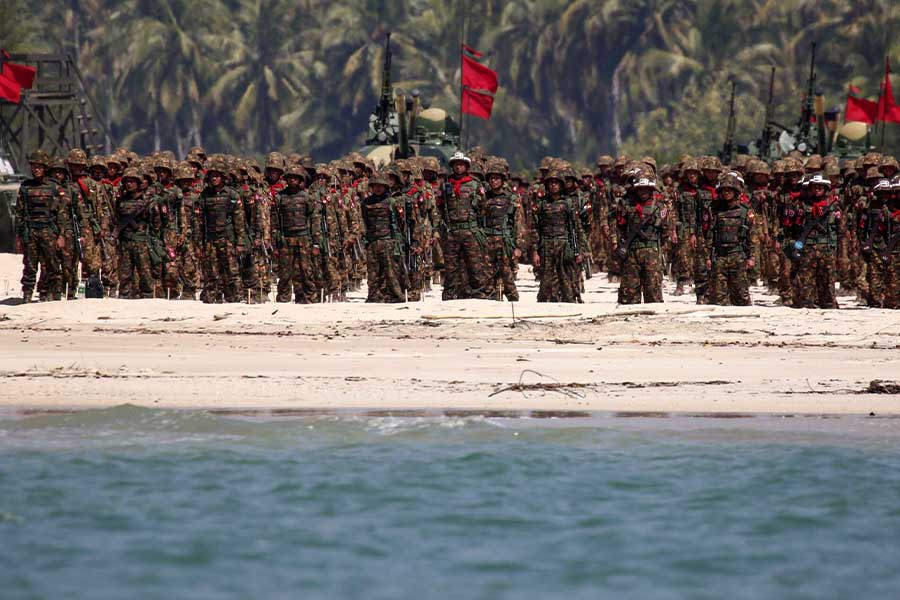








.jpg)